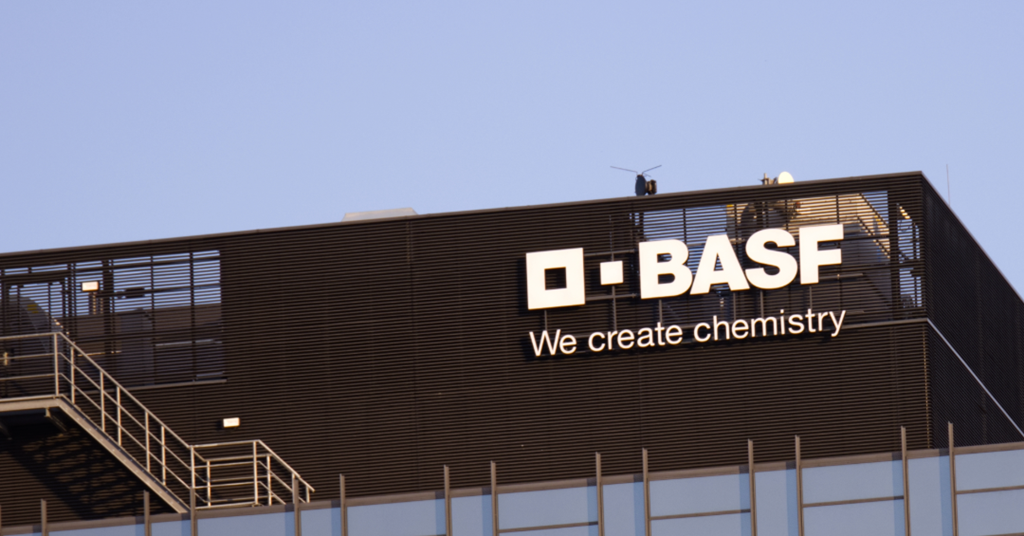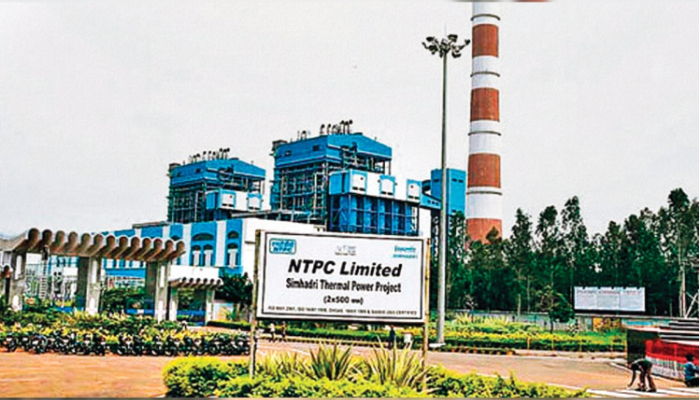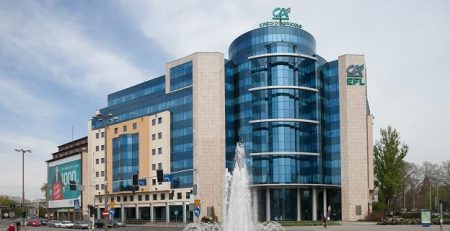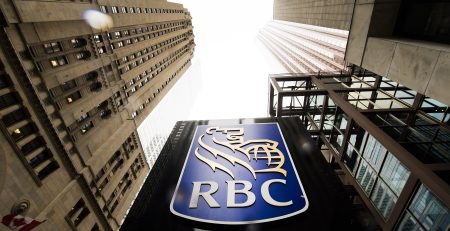BASF: Engineering the Chemistry of Tomorrow — How the Global Chemical Leader is Shaping a Sustainable, Innovation-Driven Future
“BASF: Engineering the Chemistry of Tomorrow — How the Global Chemical Leader is Shaping a Sustainable, Innovation-Driven Future”
1. Introduction
BASF SE, headquartered in Ludwigshafen, Germany, is widely recognized as the world’s largest chemical producer. With business activities spanning chemicals, materials, industrial solutions, surface technologies, nutrition & care, and agricultural solutions, BASF sits at the centre of global manufacturing and sustainable innovation.
Founded in 1865, BASF has evolved into a strategic enabler of industrial transformation — supporting customers in more than 100 countries and contributing solutions that improve quality of life, increase productivity, and drive sustainable progress.
2. Innovation Engine: R&D as BASF’s Competitive Advantage
BASF operates one of the world’s most advanced industrial R&D ecosystems, employing over 10,000 scientists across 70+ global sites.
Key innovation focus areas include:
-
Advanced battery materials for electric mobility
-
Biodegradable plastics and circular polymers
-
Catalysts for cleaner industrial processes
-
Biotechnology for nutrition, enzymes, and materials
-
High-performance materials for automotive and aerospace
Its annual R&D spend (approx. €2.3 billion) demonstrates long-term commitment to solving industrial and environmental challenges.
🔍 HG&W Insight: BASF is not merely a chemical producer — it is a global solutions laboratory powering next-generation industries.
3. Sustainability: From Carbon Footprint to Circular Footprint
BASF’s purpose, “We create chemistry for a sustainable future,” is operationalized through ambitious climate and circularity goals.
Key sustainability achievements and targets:
-
Net-zero CO₂ emissions by 2050
-
Mass balance approach for low-carbon products
-
Chemical recycling of plastics via pyrolysis
-
Switch to renewable power across major sites
-
AgBalance® methodology for sustainable agriculture
The Ludwigshafen “Verbund” site, the largest chemical complex in the world, is undergoing major energy transformation using green electricity and low-emission technologies.
🌱 Strategic lens: BASF proves that heavy industry and sustainability can coexist through innovation.
4. Agriculture Solutions: Feeding a Growing Global Population
BASF is among the most influential players in global agriculture, addressing food security and climate resilience.
Its agricultural division focuses on:
-
Crop protection chemicals (herbicides, fungicides, insecticides)
-
Seed breeding and traits
-
Digital farming technologies (xarvio®)
-
Soil health and regenerative farming solutions
With climate change intensifying global agricultural challenges, BASF’s technology supports higher yields, lower water use, and reduced environmental impact.
5. Industry Enablement: The Backbone of Global Manufacturing
BASF products are embedded in nearly every major industry:
| Sector | BASF’s Impact |
|---|---|
| Automotive | EV battery materials, lightweight plastics, coatings |
| Construction | Insulation, adhesives, sustainable materials |
| Consumer Goods | Cosmetics ingredients, detergents, packaging |
| Energy | Oilfield chemicals, catalysts, renewable solutions |
| Electronics | Semiconductor materials, specialty chemicals |
| Pharma | Ingredients, excipients, formulation solutions |
BASF’s integrated production model helps industries enhance efficiency, reduce waste, and improve product performance.
6. Digital Transformation: The Smart Chemical Factory
Digitalization is central to BASF’s competitiveness.
Technologies in use include:
-
AI & Machine Learning for quality and predictive analytics
-
Digital twins for plant optimization
-
Integrated supply chain platforms
-
Industrial IoT sensors for safety and process automation
Their digital plant operations have reduced downtime and improved energy efficiency across major assets.
7. Financial & Global Footprint
-
Revenue (2024): €68–70 billion
-
Employees: ~112,000
-
Presence: ~90 countries
-
Listings: Frankfurt Stock Exchange & others
BASF’s scale gives it unmatched influence in global value chains.
Conclusion
BASF’s identity has evolved from chemical manufacturing to global problem-solving in sustainability, materials science, and industrial innovation.
In an era where climate resilience, digitalization, and advanced materials are shaping the future, BASF remains a key global catalyst.
BASF is not only creating chemistry — it is engineering the sustainable industries of tomorrow.











Leave a Reply